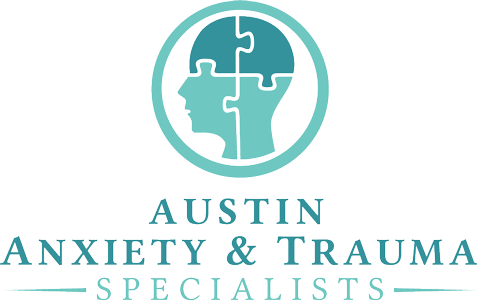When facing stressful, overwhelming situations, it is not uncommon for our minds to find ways to protect us as a defense mechanism. You may find in these moments you’re feeling detached from yourself. Some may describe this feeling as being out of touch with your body while others might describe the feeling of looking at themselves from the outside. This state of altered consciousness in which you may feel detached from your thoughts, emotions, memories or even body is known as dissociation. It often occurs as a defense mechanism against stress, trauma, or post-traumatic stress disorder (PTSD).
Disassociation is different for everyone. Mild dissociation may involve daydreaming, spacing out, or experiencing transient periods of derealization—which is described as feeling like the world is not real—or depersonalization—a feeling like you’re looking at yourself from the outside. This spectrum ranges from mild instances of detachment on one end to severe disorders on the other. Dissociative disorders, such as dissociative amnesia or dissociative identity disorder (DID) are characterized by more profound disruptions in memory, identity and consciousness according to the DSM-5.
What does dissociation feel like?
As part of a spectrum, dissociation can manifest in many ways. According to David Spiegel, MD, Stanford University School of Medicine, you may feel:
- You’re just observing your emotions rather than feeling them
- You’re disconnected from parts of your body or emotions altogether
- You’re watching yourself in a film (or looking at yourself from the outside)
- You feel unsure of the boundaries between yourself and others
- You feel as if you’re floating or drifting away
A mental health specialist may call these experiences depersonalization.
You may also experience:
- Feeling separate from the world around you
- Seeing the world void of life or muted
- Seeing objects changing in shape, size or color
- Feeling like you’re looking at the world through a pane of glass
- Feeling like you’re living in a dream or
A mental health specialist may call these experiences derealization.
Some more severe indicators are:
- Memory gaps
- Altered perceptions of time
- Identity confusion
These may indicate signs of dissociative amnesia or dissociative identity disorder (DID). Whether your symptoms are severe or mild, be sure to mention them to your physician and mental health specialist. Keeping track of your experiences in a journal or a mobile notes app can be a helpful way to provide your doctor with detailed information at your next appointment.
Treatment for disassociation
Often, effective treatments for dissociation may involve a combination of different kinds of therapy. Trauma-focused therapies, such as Eye Movement Desensitization and Reprocessing (EMDR) or Cognitive-Behavioral Therapy (CBT), can help individuals process traumatic memories. Medications may also be prescribed to help with symptoms correlated to anxiety and depression, as both are commonly found in individuals with dissociative disorders. For the best results, treatments should be tailored to the individual’s experiences and needs. Only after speaking with your therapist can you find the treatment that will be the most effective for you.
Dissociation can feel isolating and hard to explain. You may struggle finding ways to reconnect with yourself, others or the world. As much as your loved ones want to support you, they may feel far away or hard to reach. You may not feel motivated to take part in a world that feels ‘foggy’ or out of reach, but this feeling does not have to persist.
If these feelings interfere with your work or personal life, if you feel unattached to your emotions or numb, or especially if you’re experiencing gaps in your memory or confusion about who you are, consider seeing a doctor or therapist as soon as possible. A professional can best assess your needs and help you take steps to feel grounded within yourself again.
Dissociation is a complex psychological phenomenon with a wide spectrum of symptoms. Our trauma specialists are able to prescribe effective treatments for disassociation and associated conditions, like Cognitive Behavioral Therapy (CBT) or Eye Movement Desensitization and Reprocessing therapy (EMDR). Schedule an appointment at Austin Anxiety and Trauma Specialists and we’ll recommend treatment that’s right for your goals. You deserve the best help to feel connected to yourself and the world again.






